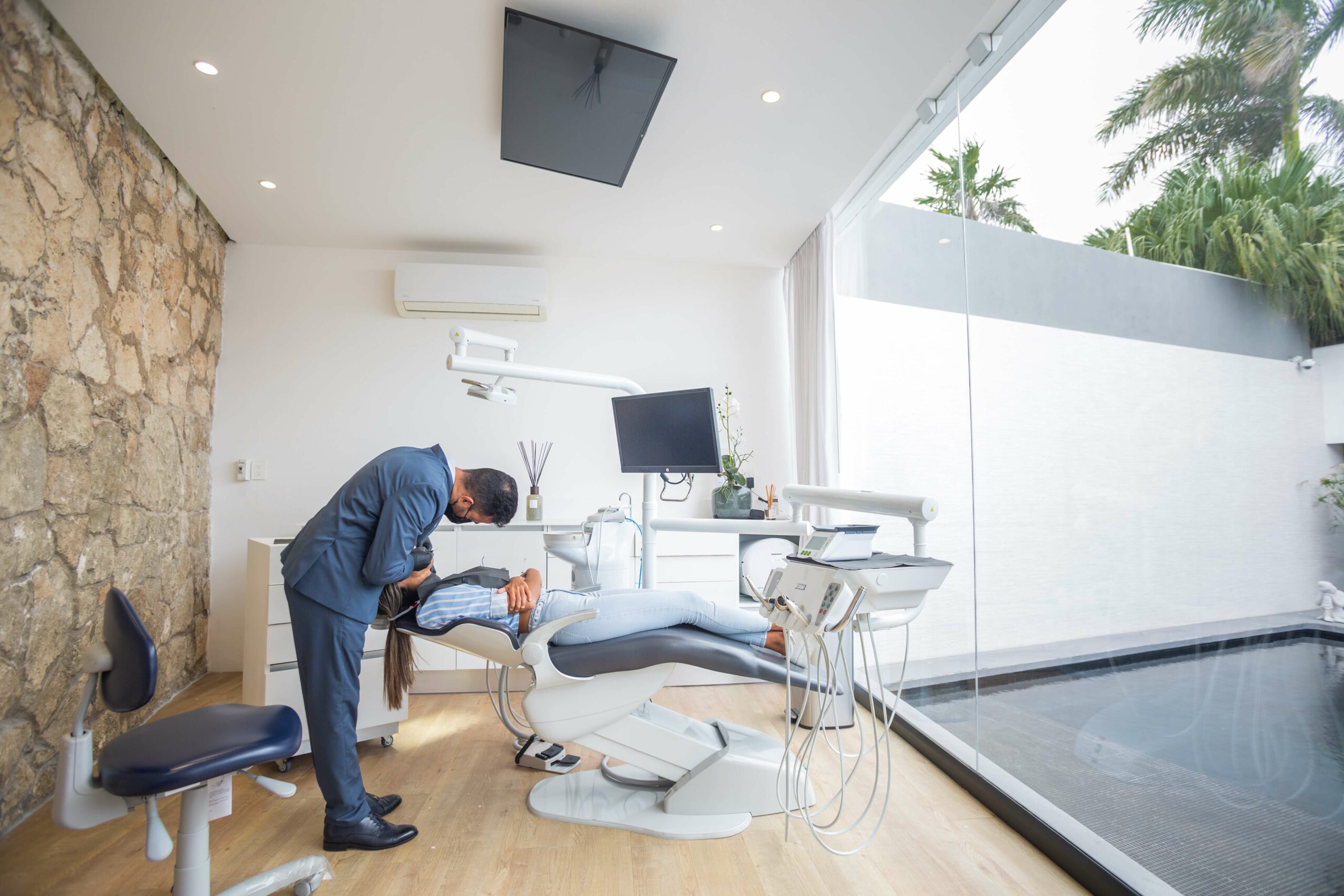
Preventive care cannot be overstated. Dental exams are just as important as annual physicals and blood tests, but they are often forgotten in the doctor's office rush because they aren't as important. Many people put off going to the dentist until they have a problem because they do not have access to adequate dental care to assess their oral health. Sedation dentistry is used a lot to fix things that could have been simple to fix at the time but were not. Sedation is a medical term that refers to any form of treatment that aids in a patient's relaxation. Sedation is generally the same across all industries. Some examples of these are general anesthesia, a sedative that keeps the patient awake and alert, and profound sedation, which completely sedates the patient, as well. There is a reason why your dentist may suggest sedation as a treatment option for your dental procedure. Every operation does not necessitate sedation. contributes to the relief of discomfort or agony in situations when it would otherwise be unavoidable. You're more likely to jerk and pull away from the dentist if you don't have an anesthetic, complicating their task and maybe causing yourself harm. Sedation dentistry comes in a variety of flavors, which your dentist will go through with you. The amount of sedation needed is based on a number of factors, including your medical history and the dental procedures you have planned. Sedation is only used when a topical anesthetic is insufficient, and it requires further training for dentists to administer. Fear is frequently associated with sedation, much of which is based on folklore and urban legend. When it comes to dental sedation, there are various factors to consider. Local anesthetics are the first type of sedation that dentists explore. This is used when patients have dental problems like cavities, crowns, root planing, scaling, and root planing and scaling. You remain awake and alert while being anesthetized with a local anesthetic. It functions as a numbing agent in the area that has to be numbed. A usual period of numbness lasts 30 minutes to an hour. This can be applied to the gums as a gel or injected straight into the gums. After you've been numb for a while, dental operations can begin. General anesthesia may be beneficial for patients who require more intensive pain management or are apprehensive about having dental surgery. This type of sedation dentistry allows the patient to be completely unaware of what is going on around them. Dentists frequently recommend sedation dentistry for extensive procedures or delicate tooth work. Complex dental procedures can be done more quickly when the patient is completely asleep. Sedation dentistry may be recommended by your dentist for a variety of reasons. If you are really frightened or have a medical condition that prevents you from having other forms of anesthesia, general anesthetics may be beneficial. The most common way for dentists with sufficient training and experience to provide general anesthesia is either a face mask or IV sedation. Anesthesia is continuously monitored and maintained throughout the surgery. As you fall asleep in the dental chair, you'll be breathing through a special tube. For dental extractions or wisdom tooth removal, general anesthesia is frequently administered. This form of sedation will be unsuccessful if you have a brain disease or acid reflux. Tell your dentist if you have ever had a negative reaction to anesthesia. Nitrous oxide, as opposed to IV light sedation, is an inhaled sedative. If you're scared of the dentist or don't want to deal with an IV, this type of dental sedation, often known as "laughing gas," is an alternative. You breathe in nitrous oxide and oxygen through a mask. The gas balance is monitored on a frequent basis to guarantee that you remain unconscious throughout the procedure. The dentist is sensitive to these signals and may use more laughing gas if you have a low pain threshold and the medicine wears off too quickly. The vast majority of patients are completely unaware that they have had surgery until it is completed. As a result of inhaling laughing gas, they may get tired or pass out. When you stop inhaling the gas that has lost its power, your attention comes back right away. If the surgery does not require sleep or if you are concerned about the outcome, oral sedatives are an alternative. There is moderate sedation that lasts for many hours, long enough for the dentist to complete the procedure. Halcion is a Valium-like sedative that is chosen by the majority of dentists. One hour before your treatment, you will take your oral medication. By the end of that session, you'll be exhausted and relaxed to the point of slumber. You will, however, be able to react to queries and directives. Oral sedative medicines can provide mild relaxation and pain alleviation. Because it is both safe and effective, oral conscious sedation can be used for a range of dental procedures, including root canals. However, it does not wear off as quickly as laughing gas. You may require transportation home after a dental procedure. Intravenous sedation is the only means to establish a coma that can be broken only by extraordinarily aggressive conduct. The same medications that are used for oral sedation are used for IV sedation. If you want to avoid dental anxiety or have a very strong gag reflex, moderate sedation won't work for you. After you've passed out, the dentist will check your vital signs and, if necessary, change your medication. You will not be unable to receive dental treatment if you are sedated at the dentist. Schedule a meeting with your dentist to learn more about the many types of sedation that are available to you. Keep in mind that the amount of sedation necessary is determined by a number of factors. It's possible that you're thinking about worst-case scenarios when they're unnecessary. You are welcome to bring a list of questions and concerns to your session. Others have done the same! The American Dental Association and the Food and Drug Administration have both approved any drug used during your dental procedure. The type of care you receive will depend on your health, your therapy, and any insurance issues you may have. We will make every attempt to make your visit to the dentist as pleasant and painless as possible. Our goal is to help you achieve your dental needs in a secure and comfortable manner. Today is the day to schedule an appointment for sedation dentistry, preventative care, and everything in between!Defining the Terms in Sedation Dentistry
Why Sedation is Required
You May Injure Yourself If You Do Not Take Sedatives
The Basics of Sedation
Unconscious Versus Conscious Sedation
Local Anesthesia
Topical or Injectable Applications
General Anesthesia
Types of General Anesthesia
Is a General Anesthetic Right For You?
Nitrous Oxide Sedation
Oral Sedation
IV Sedation
Make an Appointment to Talk About Your Options
Our Dental Procedures Are Safe and Approved
 Schedule Your Visit
Schedule Your VisitHave Any Questions?
Call Us Today at: (203) 404-7006